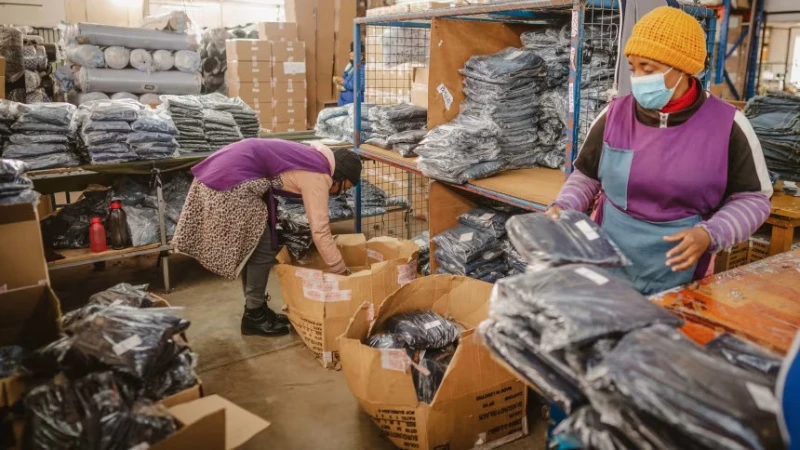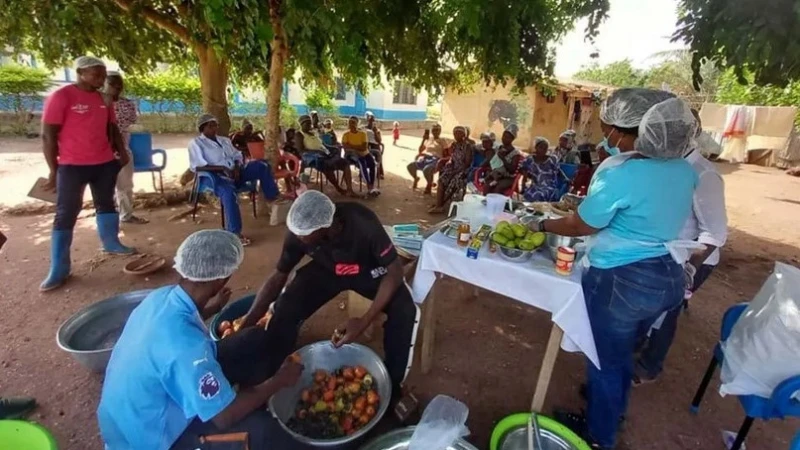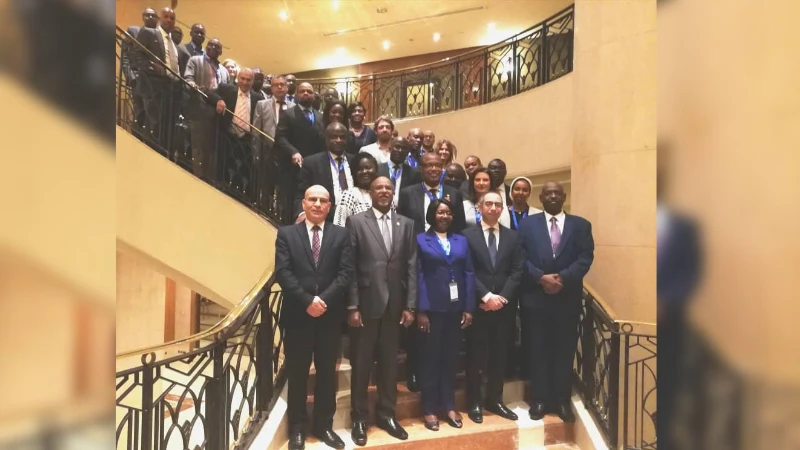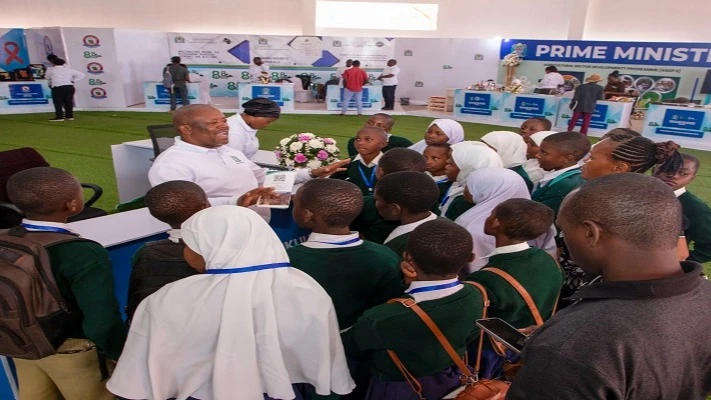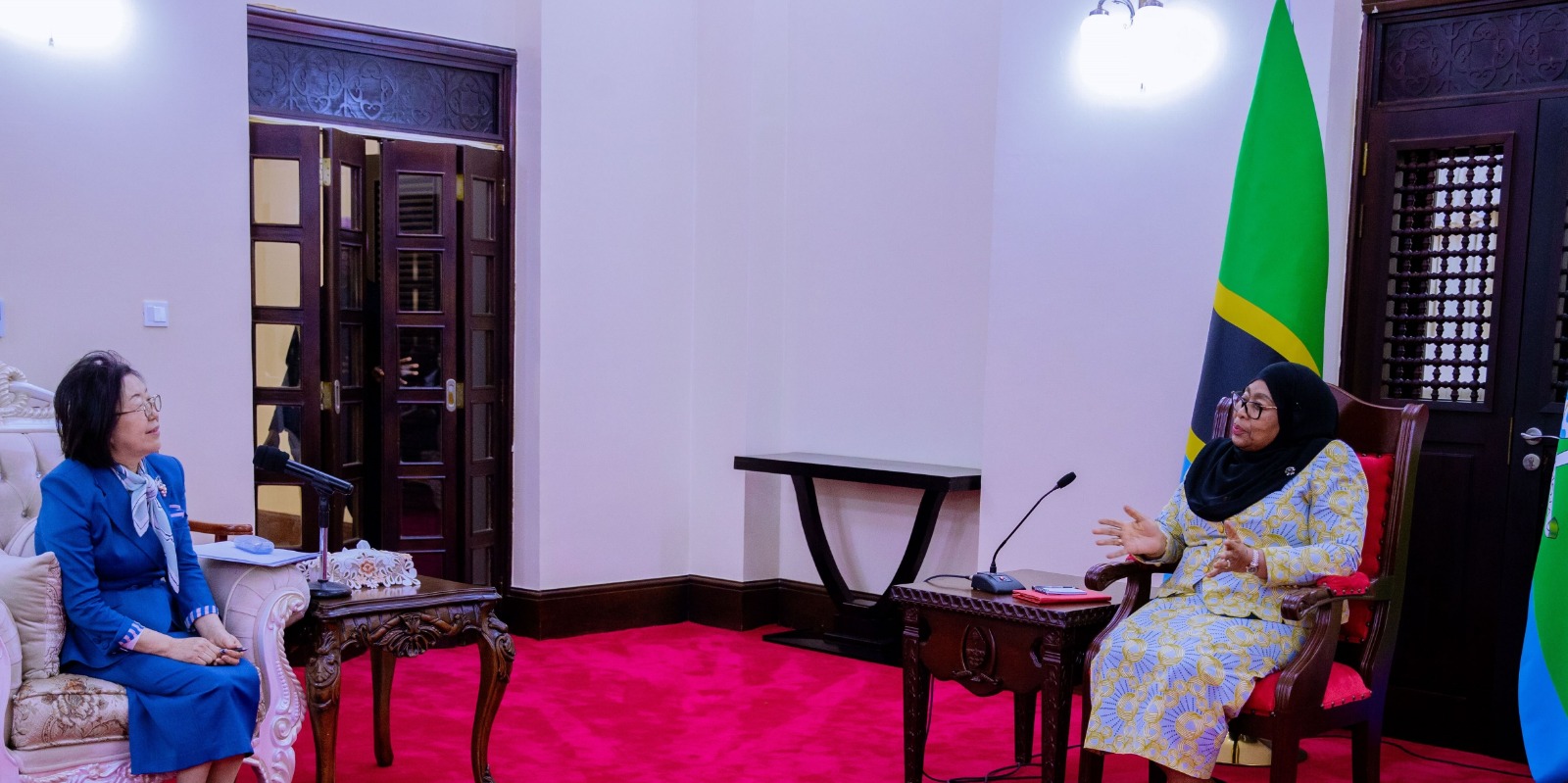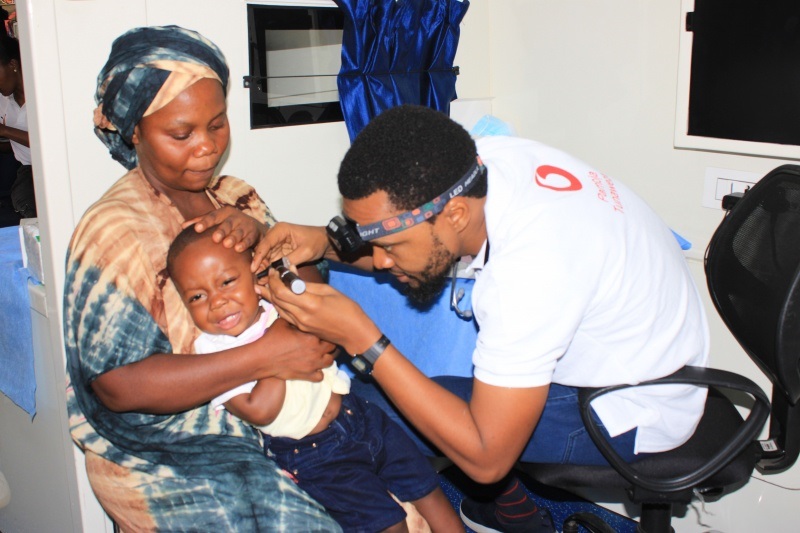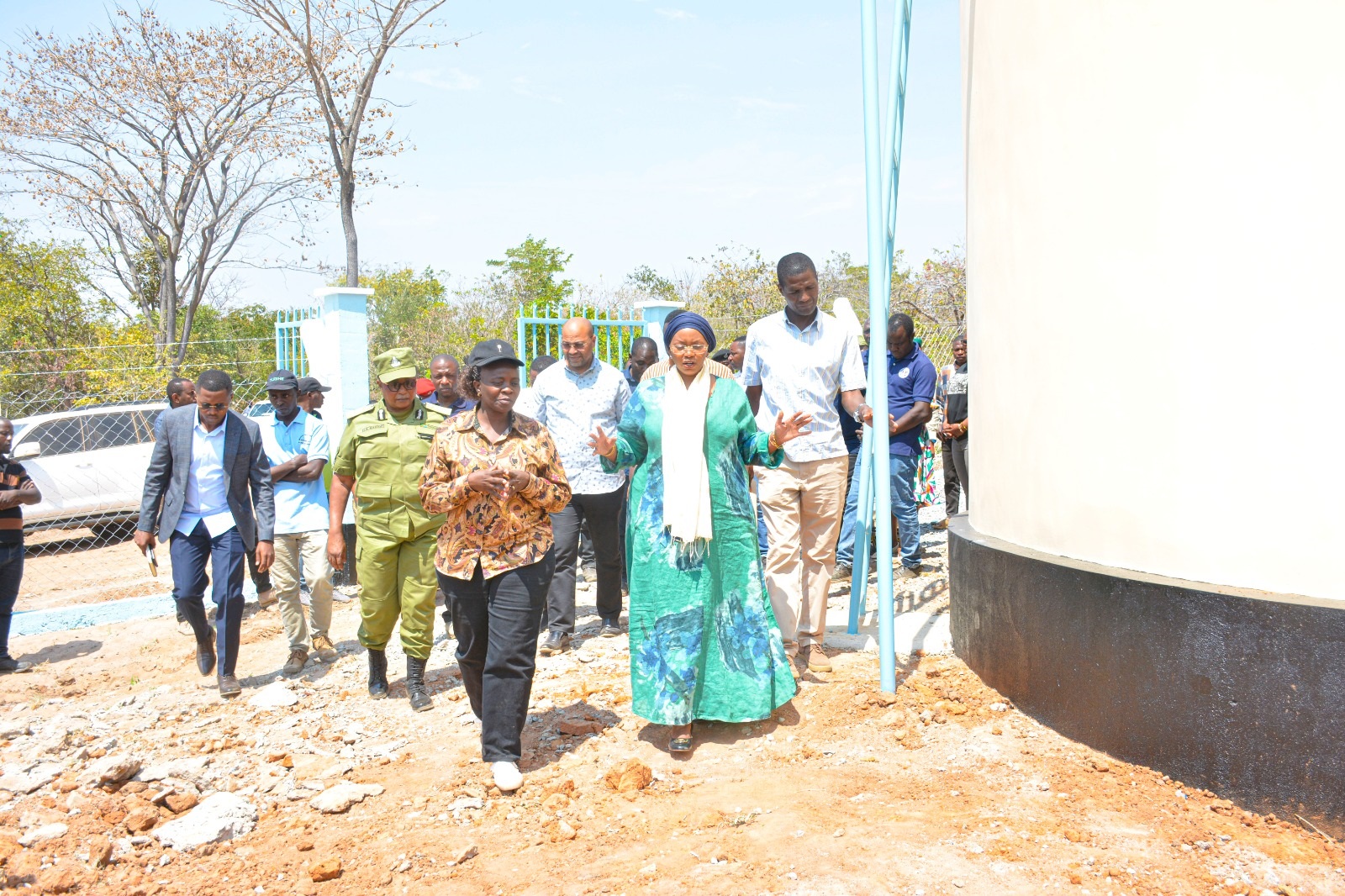Programme redefines farming as viable occupation for youth
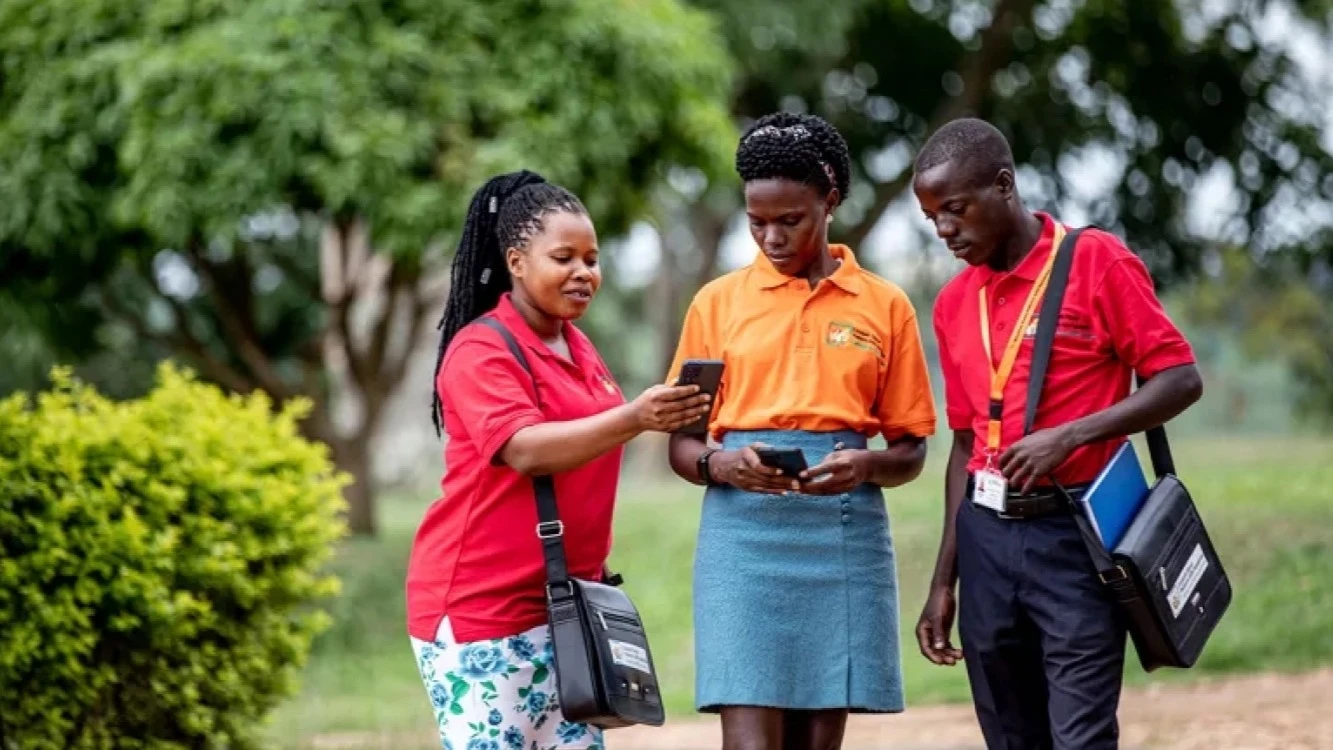
THE implementation of the Youth for Future Food in Agriculture (YEFFA) programme has produced positive outcomes in the agriculture sector, with 15 young farmers creating more than 600 jobs across the country and redefining farming as a viable, modern career for youth.
Showcased here yesterday at the ongoing Nane Nane farmers’ fair, the youth-led enterprises are not short-term exhibition projects, but year-round agribusinesses that operate in value addition, agro-processing, beekeeping and innovative crop production.
The YEFFA programme, implemented with support from the Alliance for a Green Revolution in Africa (AGRA), aims to empower youth with practical skills, entrepreneurship training, mentorship, and access to markets, enabling them to turn agricultural ideas into scalable businesses.
“The young entrepreneurs are transforming agriculture. Through YEFFA, we’re seeing agriculture becoming a career of choice, not just a means of survival,” said Japhet Laizer, YEFFA programme officer from AGRA, during an interview at the expo grounds.
He said a rapid assessment conducted during the exhibition shows the tangible impact of the enterprises where74 formal jobs were created (full-time, salaried positions), 548 informal jobs (seasonal labour, processing, marketing, packaging, transport and logistics).
The jobs are distributed across various regions including Kigoma, Iringa, Arusha, Singida, and Mbeya, where the youth have established fully operational agribusinesses that supply local markets and contribute to community development.
He said the success of the farmers’ ties directly to Tanzania’s Development Vision 2050, which targets increased youth participation in economic sectors, especially agriculture.
One of the young farmers is Omega Elikana, a university graduate who ventured into spice processing and branded food packaging.
With YEFFA support in business planning, product development and market linkage, Elikana’s business now employs five permanent staff and 16 casual workers.
“I always had a passion for business, but YEFFA gave me the structure and direction to grow it. Now I run a full-time enterprise that supports other young people too,” he said.
In Singida, Emmanuel Manjano has built an integrated agribusiness focused on sunflower farming. He produces cooking oil, makes livestock feed from sunflower cake, and keeps bees to support pollination and honey production. His business currently provides six full-time jobs and 19 casual jobs.
“The bees came after the sunflowers, and now honey is one of our best-selling products,” said Emmanuel. “I wanted to create something that grows from the soil but adds value all the way to the shelf.”
In Kigoma, Rosemary Kibiriti changes perceptions of cassava. Her youth-led enterprise produces high-quality cassava flour that is hygienically processed and attractively packaged for retail. She currently supports three permanent workers and engages seven others during processing cycles.
“We want to give cassava a new image — nutritious, modern, and respected. It can be premium and our packaging reflects that,” Kibiriti said.
During the launch of farmers’ fair 2025, Vice President Dr Philip Mpango called for urgent efforts to raise agricultural growth to 10 percent per year by 2030, with a focus on innovation and employment.
Top Headlines
© 2025 IPPMEDIA.COM. ALL RIGHTS RESERVED








